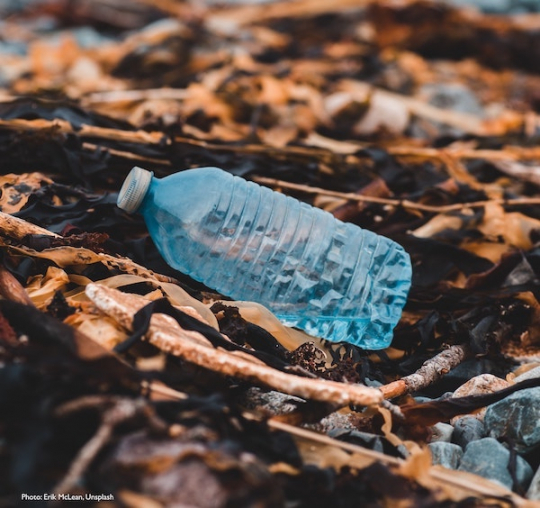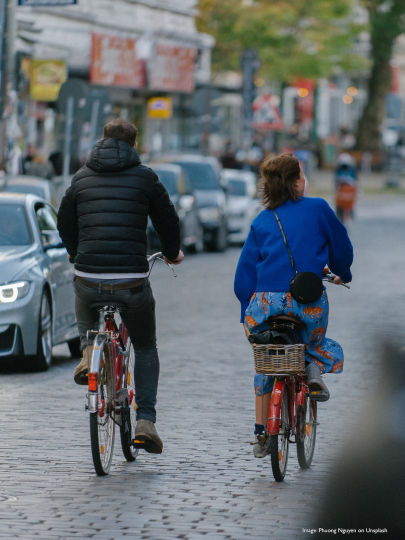The Sustainable Consumption and Production (SCOPE) collaborative program is the second phase of the CMaR program. CMaR supported the in-depth analysis of plastic pollution, a global environmental issue that has gained growing attention over the last few years, due to its serious consequences on marine wildlife, economic activity, and human health.
The SCOPE program extends its view to contributing to the achievement of Sustainable Development Goal 12 (SDG12) from an economic perspective. SCOPE focuses on ensuring Sustainable Consumption and Production.
Mission
The mission of SCOPE is to become a strong and internationally recognized network of global scholars with frequent cross-fertilization of ideas and mutually reinforcing research methods, but with a systematic approach towards the design of transformative change in lifestyles, food consumption, waste, and circularity.
SCOPE has three focus areas:
Food waste: Food is wasted and/or lost at every stage of the value chain, from production, distribution, and consumption. Among the causes are intentional food waste, crop failure losses, lack of storage facilities, cooking losses, or insufficient climate management.
SCOPE aims to address the following research questions related to food loss and waste:
- What type of policies and incentives are most likely to reduce food waste in the Global South?
- Are the Global South consumers' decisions to waste food based on the same tradeoffs and economic incentives as the developed countries' consumers?
- What are the attitudes and beliefs regarding food waste and its environmental impact in the developing world?
Sustainable lifestyles: Being conscious of the effects of our decisions about food, products, and energy use is essential to incorporating sustainability into our lifestyles. Understanding how our lifestyle choices affect the environment and finding ways for everyone to live more sustainably are crucial. Some of the relevant research questions in this area of research are:
- How do we shape our decisions about specific lifestyles, and how do these decisions differ in different contexts (e.g., cultural, ethnic, socio-economical)?
- What are the consequences of changes in lifestyles, such as those involving tourism activities, behavior at restaurants, educational institutions, or households/communities?
- Which attitudes/beliefs are necessary to promote a behavioral change or a transformative change in non-sustainable lifestyle patterns, such as fast fashion?
Circular economy: The Circular Economy is a framework for system-level solutions that minimize the generation and disposition of waste along the value chain, contributing to combatting pollution, biodiversity loss, and climate change. SCOPE addresses the following research questions:
- What are the motivating factors for promoting recycling activities, and how do these factors depend on the context, especially in developing countries?
- How could we boost policies that promote a circular economy (e.g., reuse of materials) in selected productive processes in countries of the Global South?
- What environment (e.g., public policies or stakeholders) could enable more efficient use of resources in a circular economy?
Background
The South-South collaboration fostered by CMaR has served to validate and improve ideas and develop a cross-country learning process to better approach multi-faceted problems from researchers with a great experience.
During the CMaR phase, we developed an impact pathway framework to trace the flow of plastics through the socio-ecological system, identifying the role of specific polity instruments in achieving behavioral changes to reduce marine plastic waste.
Also, we produced a toolbox for finding a policy that is suitable for different countries. We used the impact pathway and toolbox to design country-specific interventions to derive useful policy recommendations that reflect the reality in each of the selected countries.

